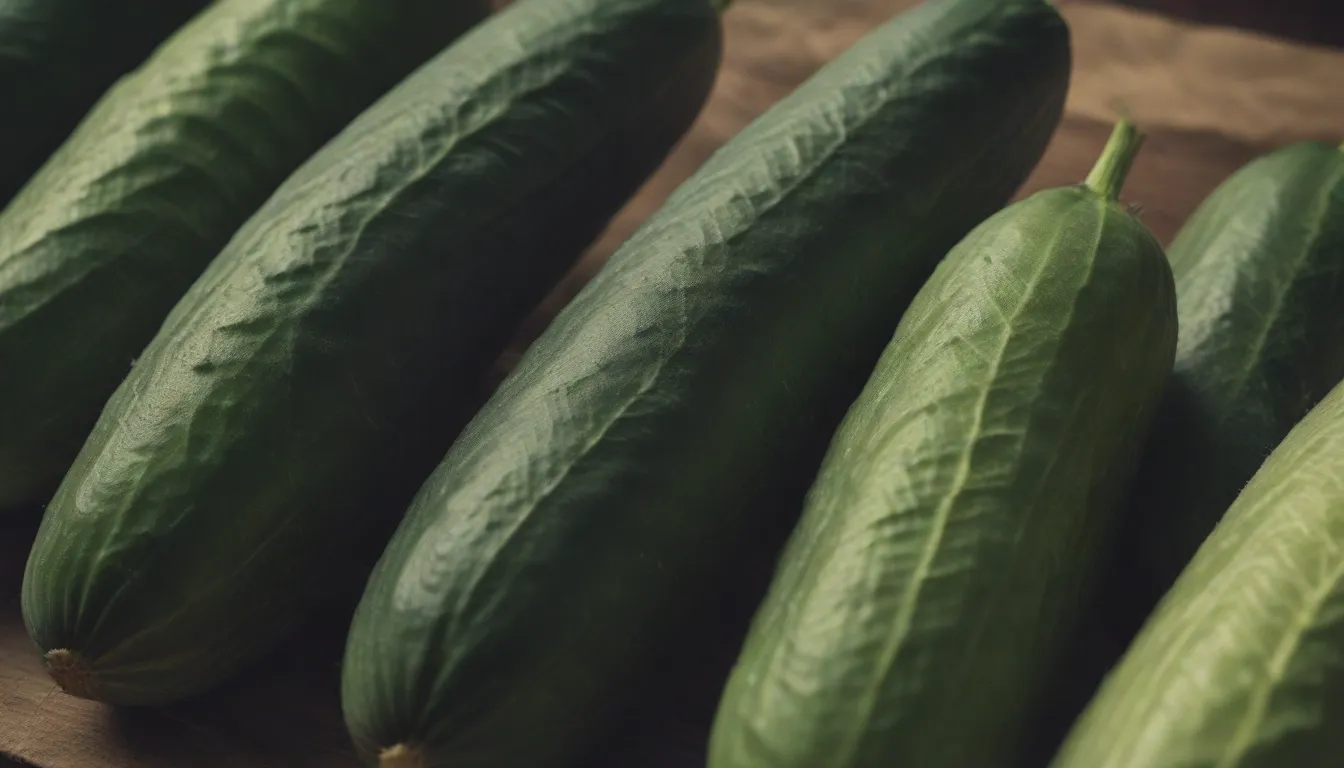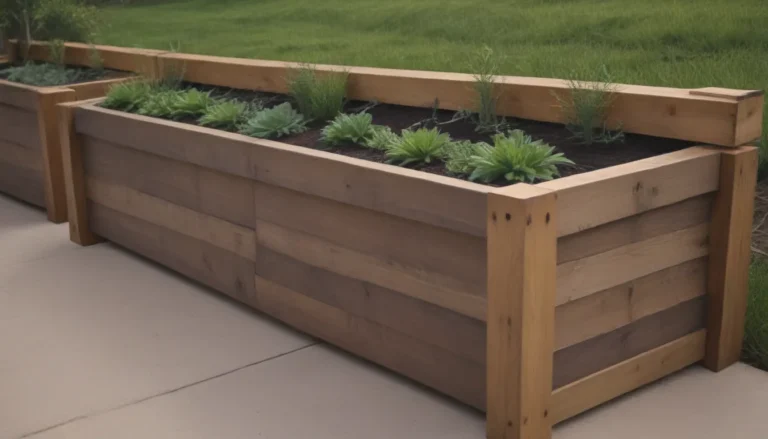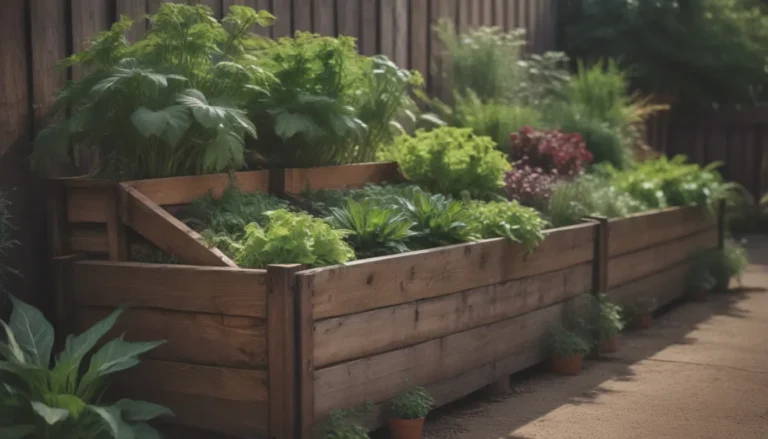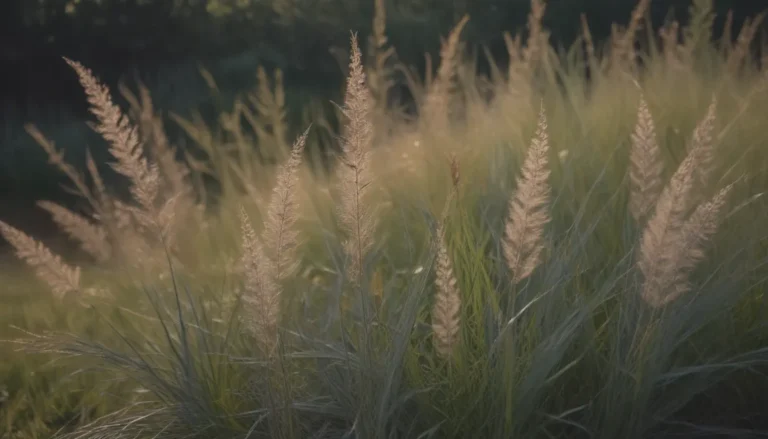The Complete Guide to Harvesting Cucumbers

Cucumbers, with their fresh, crispy texture and versatility, are a beloved addition to many gardens. Whether you prefer the small pickling varieties or the large slicing cucumbers, knowing how and when to harvest them is key to enjoying these delicious fruits at their best. In this comprehensive guide, we will explore everything you need to know about harvesting cucumbers to ensure you get the most out of your crop.
Understanding Cucumber Varieties
Before we delve into the harvesting process, let’s take a closer look at the two main types of cucumbers: pickling and slicing. Pickling cucumbers are typically smaller, bumpy, and rough, ideal for preserving in brine. On the other hand, slicing cucumbers are larger and meant to be enjoyed fresh. While pickling cucumbers can also be consumed fresh, slicing cucumbers are not suitable for pickling due to their high water content. Additionally, there are specialty varieties like Lemon cucumbers and cucamelons, which add a unique touch to any garden.
How to Grow Cucumbers
Cucumbers require a long growing season, usually ready for harvest in 50 to 70 days from planting. It’s important to pick the fruits at the right time to prevent a bitter taste from developing. Seed packets provide valuable information on the size of the cucumbers and the expected time to harvest, allowing you to plan accordingly. Keep an eye out for the first female flowers, which signal the upcoming harvest. Cucumbers grow swiftly, so regular monitoring is essential.
Determining When to Harvest
Knowing when a cucumber is ripe for picking is crucial for its flavor and texture. A ripe cucumber should match the size and color typical of its variety, whether deep green, white, or yellow. The fruit should feel firm to the touch, indicating its readiness for harvest. Different varieties may have specific cues, so refer to the seed packet or tag for guidance. Here are some general guidelines for harvesting cucumbers based on your preference:
- Pickling Cucumbers: Harvest when small to medium-sized for optimal flavor.
- Slicing Cucumbers: Harvest when large for juicy slices.
- Specialty Cucumbers: Follow specific recommendations for each variety.
How to Harvest Cucumbers
When it comes to harvesting cucumbers, a gentle approach is key to prevent damage to the plant. Wear gloves, especially when dealing with prickly pickling varieties, and use a sharp knife or pruners to cut the fruit from the vine. Leave a small section of stem attached to the cucumber to aid in storage. Avoid twisting or pulling the vine, as this can harm the plant. Handle the cucumbers with care to prevent bruising, especially with delicate varieties like burpless cucumbers.
“Harvesting cucumbers at the right time is crucial for their taste and texture,” says gardening expert, Sarah Jones. “By following these simple guidelines, you can enjoy a bountiful cucumber harvest throughout the season.”
Extending the Harvest
To prolong the cucumber season, it’s essential to pick the fruits promptly when they are ready. Leaving cucumbers on the vine for too long can affect their flavor. You can store cucumbers in the refrigerator for up to a week, but the best flavor is achieved when eaten soon after harvesting. Pickling cucumbers have slightly longer shelf life. To store cucumbers, refrain from using plastic bags or sealed containers. Instead, place them in the vegetable drawer of your refrigerator or an open container lined with a paper towel to absorb excess moisture.
In conclusion, harvesting cucumbers at the right time is crucial for their flavor and overall quality. By following these simple yet effective guidelines, you can enjoy a plentiful cucumber harvest that’s perfect for pickling, slicing, or enjoying fresh from the garden. Remember to handle the fruits with care, and store them properly to preserve their freshness. Happy harvesting!
For more tips on gardening and harvesting, visit your local agricultural extension service or gardening community for expert advice and guidance.





